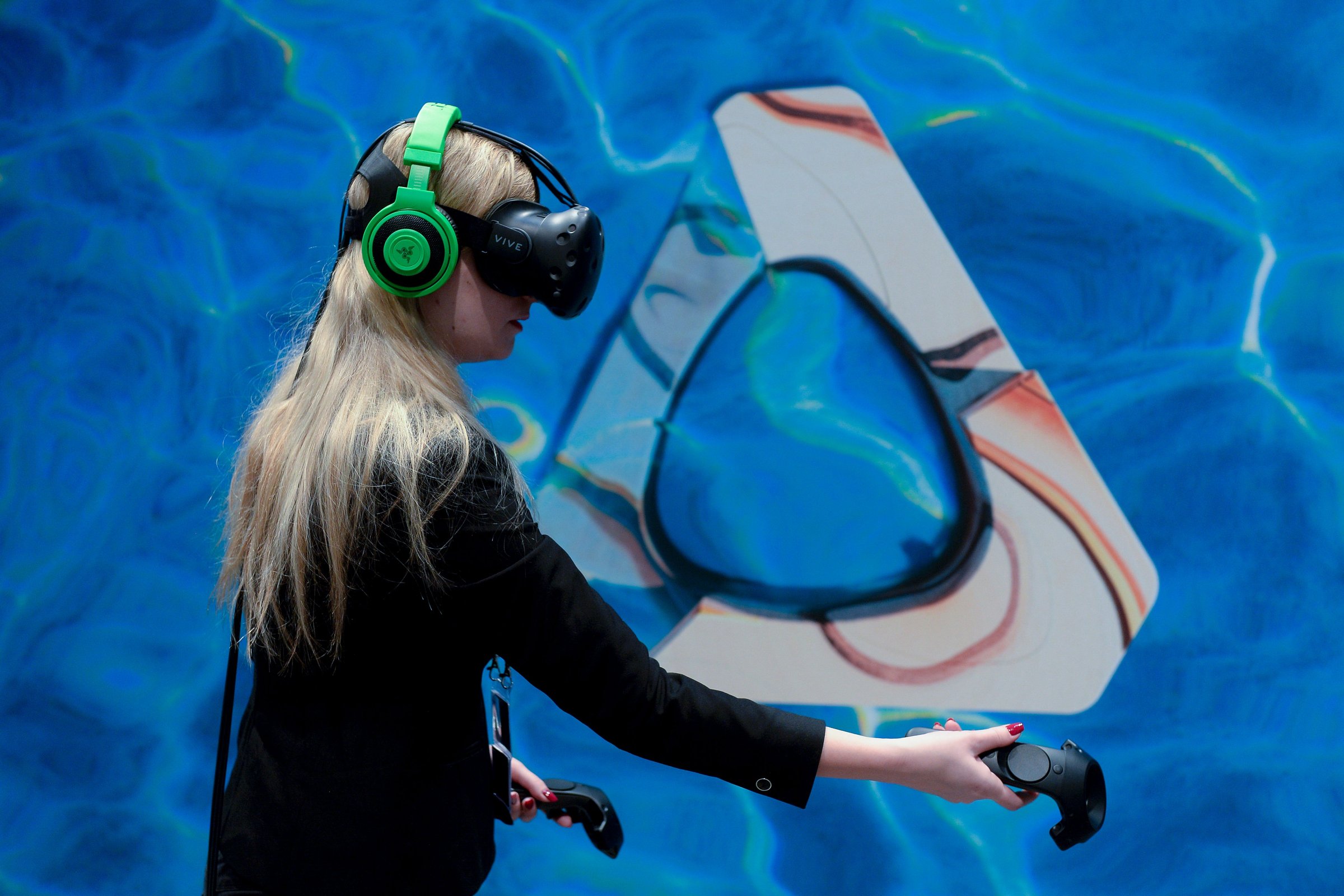
HTC’s app store for its Vive virtual reality headset expands globally Friday after launching solely in China earlier this year. It’s called Viveport, and HTC says that for the next 48 hours (from 12:00 a.m. PT September 30), it’s marking “several marquee titles” down to a buck a piece. That includes stuff like Mars Odyssey, a normally $8 NASA Lander and Rover infused romp across the red planet, as well as Firebird – La Peri, an otherwise $10 visual fantasy set to French composer Paul Dukas’ ballet.
HTC’s teasing a mystery, too, obviously hoping to drum up social media followers: Keep tabs on the company’s hijinks, and it promises to “relay a secret message that will reopen a path to unlimited Viveport content for worthy contenders.”
Is an app store what HTC’s Vive headset needs to keep virtual reality’s momentum going? It can’t hurt. App stores both centralize and foreground otherwise heterogeneous content. And properly outfitted with inexpensive, discounted or demo-ready wares, they encourage experimentation and broader engagement, deepening our sense of a platform’s worth. Imagine iOS and Android without Apple or Google’s embarrassingly cornucopian repositories.
But isn’t Valve’s Steam already the Vive’s de facto app store? Sure. And it’ll stay that way for enthusiasts, with or without Viveport. But it’s also the opposite of Apple’s App Store or Google Play: not the place nontraditional-gaming VR neophytes might think to go rummaging for experiences like The Music Room, or The Grand Canyon, or Everest VR.
More Must-Reads from TIME
- Donald Trump Is TIME's 2024 Person of the Year
- Why We Chose Trump as Person of the Year
- Is Intermittent Fasting Good or Bad for You?
- The 100 Must-Read Books of 2024
- The 20 Best Christmas TV Episodes
- Column: If Optimism Feels Ridiculous Now, Try Hope
- The Future of Climate Action Is Trade Policy
- Merle Bombardieri Is Helping People Make the Baby Decision
Write to Matt Peckham at matt.peckham@time.com